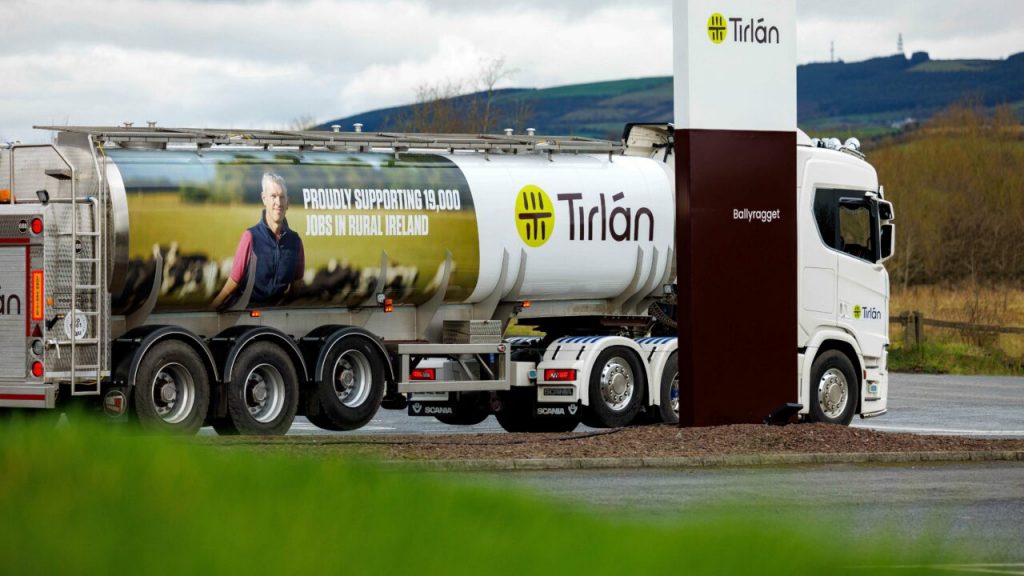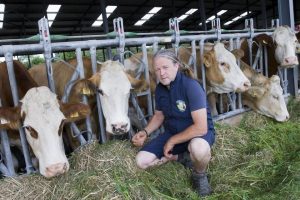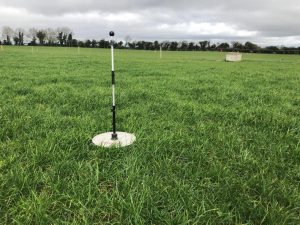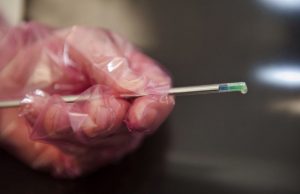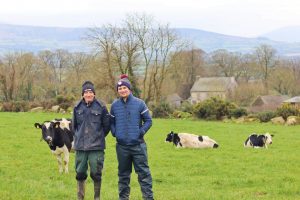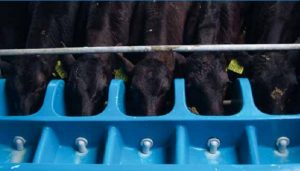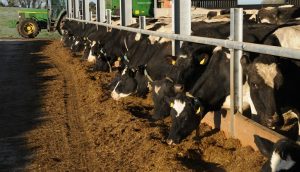
The co-op said these payments help to support over 19,200 jobs and generate more than €5.5 billion in economic activity across the country.
Tirlán’s latest annual report shows that farmers in Co. Kilkenny – where the co-op is headquartered – received the largest share of milk payments worth €240 million followed by Co. Waterford where farmers received €199 million and then Co. Wexford at €170 million.

In contrast farmers in Co. Monaghan received a total of €4 million in milk payments while dairy farmers in Co. Dublin received €5 million.
Tirlán’s milk suppliers
The average price paid for milk in 2023 by Tirlan to its milk suppliers was 44c/L – significantly down on the average price in 2022 of 63c/L.
The co-op’s milk pool decreased by 3% in 2023 to 3.1 billion litres.
According to Jim Bergin, Tirlán’s outgoing chief executive officer (CEO), a key issue for its farmers last year was “water quality and the nitrates derogation”.
“We have analysed the recent changes to the nitrates policy which introduced a new lower organic nitrogen threshold for around a third of Tirlán’s milk suppliers.
“The retention of the country’s nitrates derogation is crucially important for the viability of our grass-based family farming dairy model,” he warned.
Bergin said the sector has to “work together to ensure we protect high quality waterways for our communities and to maximise Ireland’s chances of retaining the derogation”.
Cost of production
The outgoing Tirlán CEO said that in relation to the milk price paid by the co-op and the cost of production it was “acutely aware of higher farm input costs and the impact of challenging weather as we strove to support milk price”.
“2022 was an incredibly rewarding year for everybody, 2023 was then incredibly challenging and so we have a new paradigm and that is, that inflation on farms has first of all took the cost of production to 38 to 40c/L on average in 2022.
“In 2023 we would say that the cost of inputs reduced gradually through the year – which is welcome but it has set a new bar for the requirement in terms of income on farms. 2022 was a very strong year, last year was a very difficult year – so the price needs to be where it is at least. We would hope we would see further reductions in the cost of inputs,” Bergin added.
You can now read the most important #news on #eDairyNews #Whatsapp channels!!!
🇺🇸 eDairy News INGLÊS: https://whatsapp.com/channel/0029VaKsjzGDTkJyIN6hcP1K
